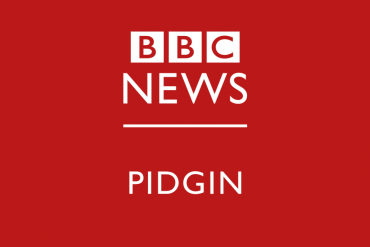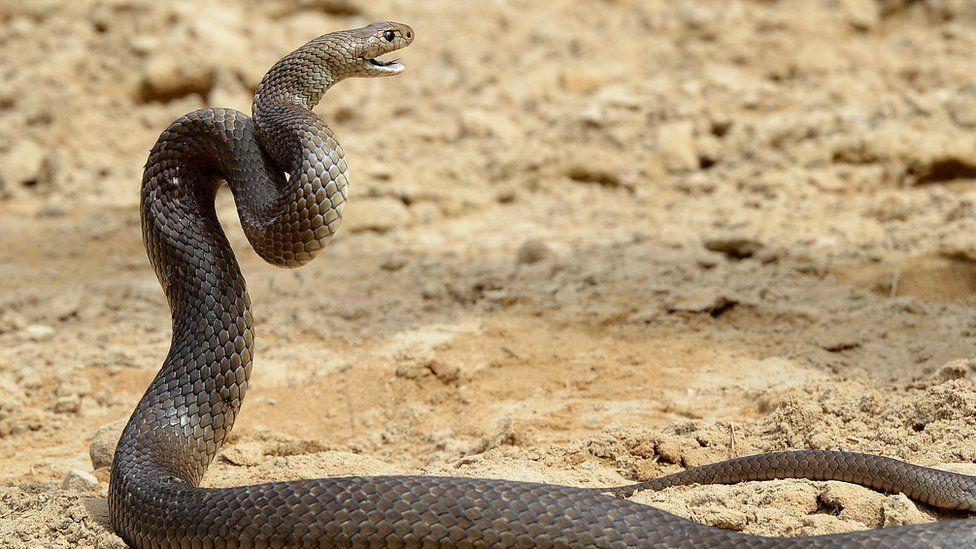
“Wen I go home I see my mama dey lie down, everiwia for her body don swell and her openings don start to bleed blood and water”.
Dat na di words of Kwamangu Turanu wey lose im mama wey be rural farmer for Kaltungo, Gombe state. She lose di battle to snakebite six months ago after days of traditional treatment.
Local medical practitioner wey bin dey treat im mama use di ‘black stone’ treatment which many for northern Nigeria believe say e go absorb di snake venom.
“In di case of my mother, dem place di stone, e stay for some time but later di tin drop down but still improvement bin no dey and wen we get di information [say snake bite my mama] na about almost four days of di incident”.
Rising costs of anti-snake venom drugs dey force many rural dwellers for Gombe State, northeast Nigeria to seek traditional treatment options.
Experts say dis fit be di reason behind Nigeria high mortality rates for snakebite related cases.
Nigeria Ministry of Health say di kontri dey record 20,000 cases of snakebite everi year, wit Gombe state alone accounting for about 10,000 cases.
E further state say 2,000 pipo dey die of snakebite everi year while anoda 2,000 odas lose one of dia legs to save dia lives.
In di midst of rising exchange rates, one vial of anti-snake venom now costs over 80,000 naira (53 dollars), amount wey dey crazily expensive for many rural dwellers wey dey live below di poverty line.
While some choose to use traditional treatment methods odas retreat from farming activities.
“For me I no believe on that stone becos I witness a lot of clients, I greet dem for di snake bite centre and see how it works for kaltungo but imagine my own, dem no even inform me, I go dia late wen dem already done do damage to my mum,” Kwamangu lament to BBC.
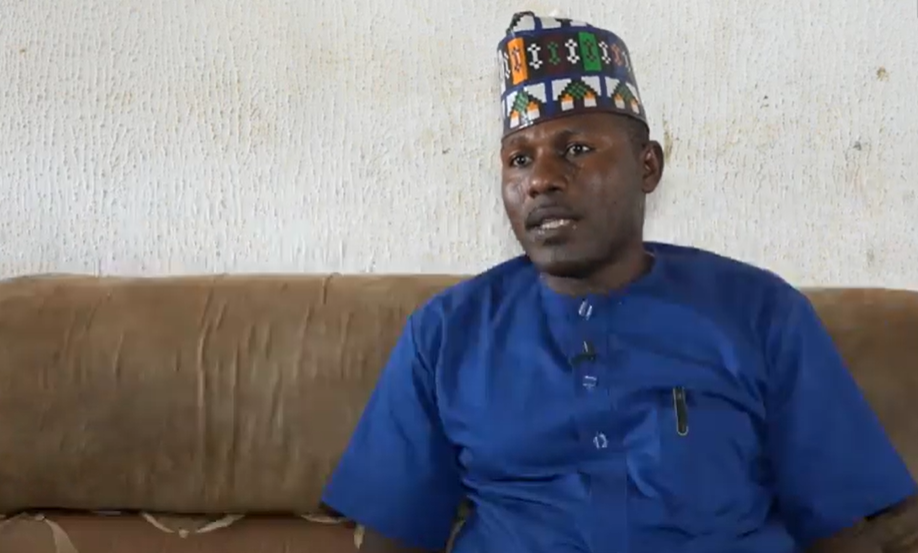
Treating snakebite in Nigeria
According to experts treating snakebite go require at least two vials of anti-snake venom but as one vial dey cost 80,000 naira, treating one patient go cost a minimum of 160,000 naira (106 dollars).
Dis mean say if each of di 20,000 cases recorded in Nigeria suppose receive one vial, e go cost at least 1.6 billion naira, far above di 500 million naira wey Nigeria goment budget for snakebite treatment, wey amount to 6,000 vials.
Di snakebite treatment hospital and research centre for Kaltungo na di largest snakebite centre for Sub-saharan Africa. E dey serve north-east Nigeria and victims from Neighbouring Cameroun, Niger and Chad.
According to Nicholas Amani, di Principal Medical Officer, of di Hospital, di facility treats about 2,500 – 2,900 patients per year.
“Within di first quarter of dis year, January – March, we bin dey able to treat 412 cases of snake bite”, im tok.
Na public health emergency wey dem no dey too report?
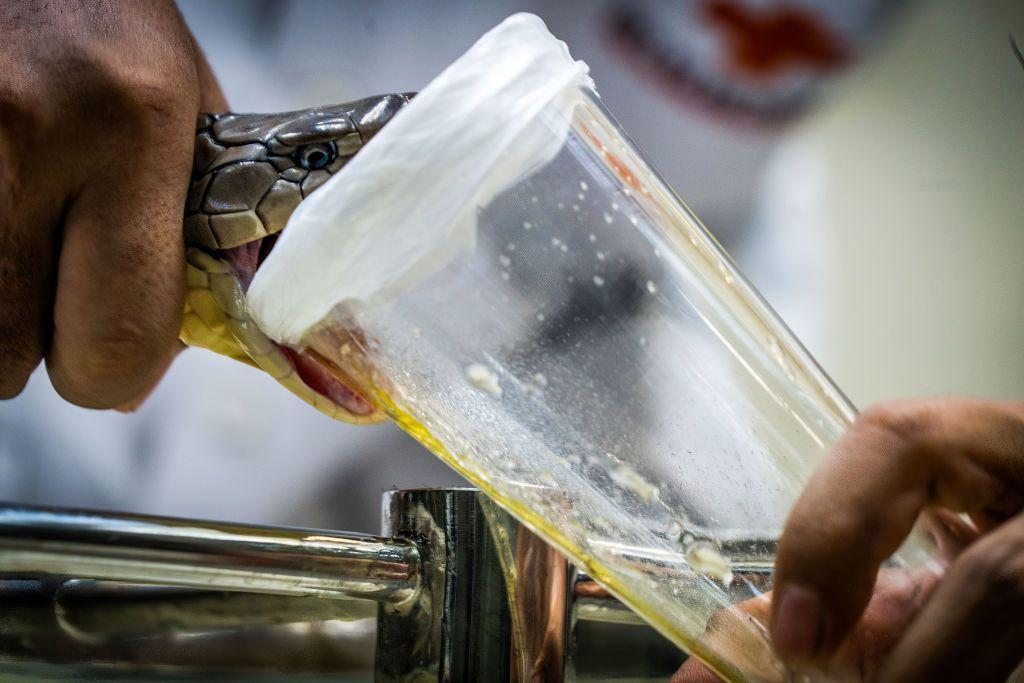
According to di World Health Organisation, under-reporting of snake bite incidents dey greater than 70% in many kontri as more victims choose traditional treatment instead.
For Gombe state, di Govment say partnership for research and funding dey urgently needed for local production of anti-snake venom.
“Govment dey do dia best to provide anti snake-venom for immediate treatment but wen e dey di peak season, di numbers outnumber di anti-snake venom we get”
“Gombe state now don develope new concept to say, we want get serpentarium, wia we go keep snakes, study dem, we get laboratory for investigation of snake bite victims then laboratory for scientific research wit a view to say we want to produce anti-snake venom” na so Habu Dahiru, Commissioner for Health, Gombe State tok.
Access to medical treatment for snakebite na global concern. Di World Health Organisation in 2017 recognise envenoming as a Neglected Tropical Disease, NTD.
For Nigeria, twelve states get high prevalence rate of snakebites and e include: Gombe, Adamawa, Bauchi, Borno, Nasarawa, Plateau, Enugu, Kogi, Kebbi, Oyo, Benue and Taraba states.
Although Hospitals and Primary Health Centres get units wey dey treat snake bite patients in different parts of di kontri, di poor supply of anti-snake venom remain a huge challenge.
Expert say e go cost Nigeria at least 7 billion naira to set up anti-snake venom production centre, but wit exchange rates palava e fit cost even more.
To reduce di prevalence of snakebite among rural dwellers, expert say more awareness dey necessary to understand di pattern of snakebite cases.
According to Habu Dahiru “Di pattern of snakebite envenomation for Gombe state dey in two seasons. Di first season na about now – April, May, June, wen we dey clear di land in preparation for farming.”
“Di next stage na during harvesting or wen dem dey pack and store grains and oda tins from di farm, dat na anoda period – September, October, November into December, dis na di two periods.”
Dis mean say farmers must dey sensitized on di use of protective gear during cultivation and how to collect and store grains during harvesting period togeda wit oda preventive measures to minimize di prevalence of snakebite.
Wetin to do if snake bite you
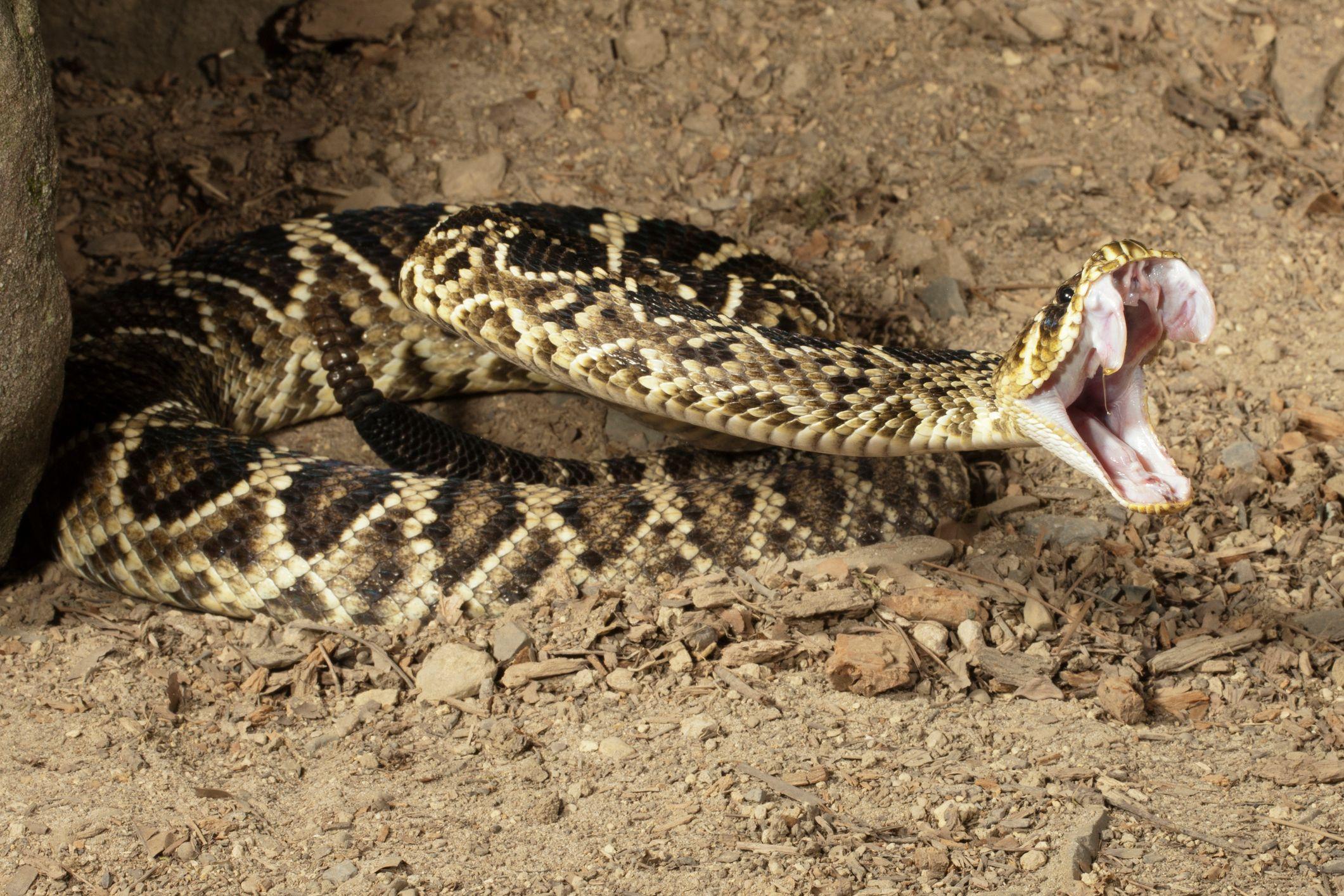
To manage envenomation, experts advice snakebite victims to take di following steps:
1. Wash di bite wit soap and water
2. No use di affected limb (Leg) to walk or lift up sometin in di case say na your hand di snake bite.
3. No tie di limb as dis go make di condition worse.
4. No cut di side of di bite wit any sharp object.
5. No apply or ingest traditional concoctions
6. Take di patient to nearby hospital as quick as possible
7. In case someone feel say sometin bite am but e no dey sure, visit a hospital to determine if na snake.







